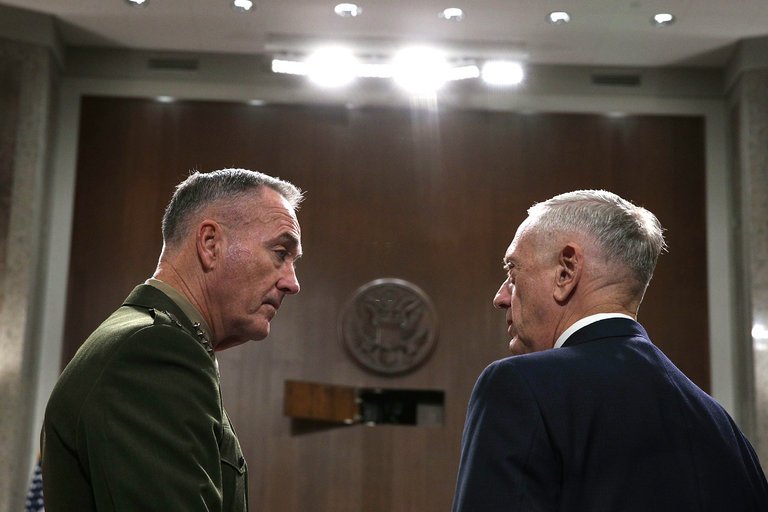Analyzing Devos' Approach to Campus Sexual Assualt By Taylor Raga
Sexual misconduct on campuses is a major problem facing contemporary college students, particularly women. The National Sexual Violence Resource Center reports that one in five women will be sexually assaulted while in college and one in sixteen men. An estimated 90 percent of victims do not report being assaulted.
Photo by Ron Aira
Secretary of Education Betsy DeVos indicated last month that reforms were imminent protocols for investigating and adjudicating sexual misconduct on college campuses, a Title IX violation. DeVos was critical of the lack of due process afforded to students accused of sexual assault. Devos believes the system fails both victims and the accused.
At George Mason University, the venue for the Secretary’s comments, forcible sexual offenses has risen every year since 2013, for a total increase of 288 percent. These trends were comparable to other D.C. universities, as sexual assault reports nearly tripled at George Washington University and more than tripled at American University from 2013 to 2014.
“The purpose of this letter is to inform you that the Department of Education is withdrawing the statements of policy and guidance reflected in the following documents:
• Dear Colleague Letter on Sexual Violence, issued by the Office for Civil Rights at the U.S. Department of Education, dated April 4, 2011.
• Questions and Answers on Title IX and Sexual Violence, issued by the Office for Civil Rights at the U.S. Department of Education, dated April 29, 2014. ”
The Department of Education recently issued a phased replacement of President Obama’s “preponderance of evidence” standard for determining whether a sexual assault occurred with “clear and convincing evidence.” The new guidelines concluded that Obama era reforms “created a system that lacked basic elements of due process and failed to ensure fundamental fairness.” Interim procedures allow schools to choose which standard to use.
The decision to allow institutions to select which standard they use appears to be contradictory to a fundamental goal of the Department of Education: equal protection. With no uniform standard of evidence, higher learning institutions will no longer be providing equal protections for those vulnerable to sexual assaults. Moreover, new procedures may prompt a reversion back to underreporting, including a lack of justice for victims and lack of consequences for perpetrators.
Taylor Raga is a Research Assistant at The Utica College Center of Public Affairs and Election Research.






